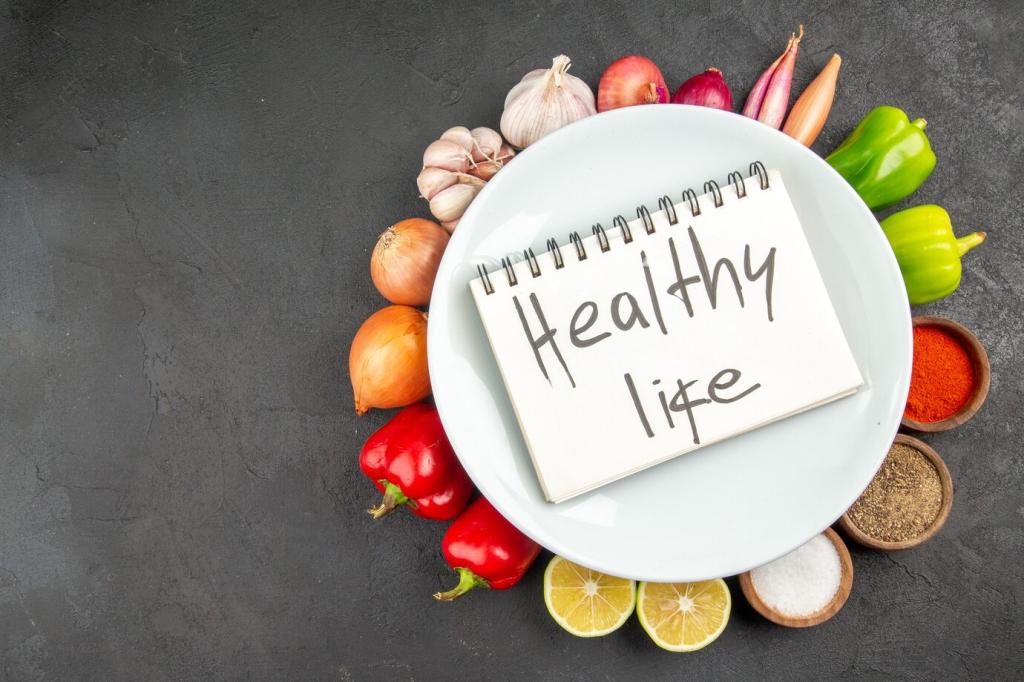The Gut–Brain Axis, Demystified
Think of the vagus nerve as a comfort call between your belly and brain. Before a big presentation, those fluttery “butterflies” are the gut speaking up. Simple practices like slow exhalations and humming can tone this pathway and help dial down anxiety in minutes.
The Gut–Brain Axis, Demystified
Your gut microbes craft tiny messages, influencing neurotransmitters like GABA and serotonin precursors. A diverse microbiome can nudge your mood toward steadier ground. Diversity grows when you feed it variety: colorful plants, fibers, and fermented foods that introduce helpful strains.



